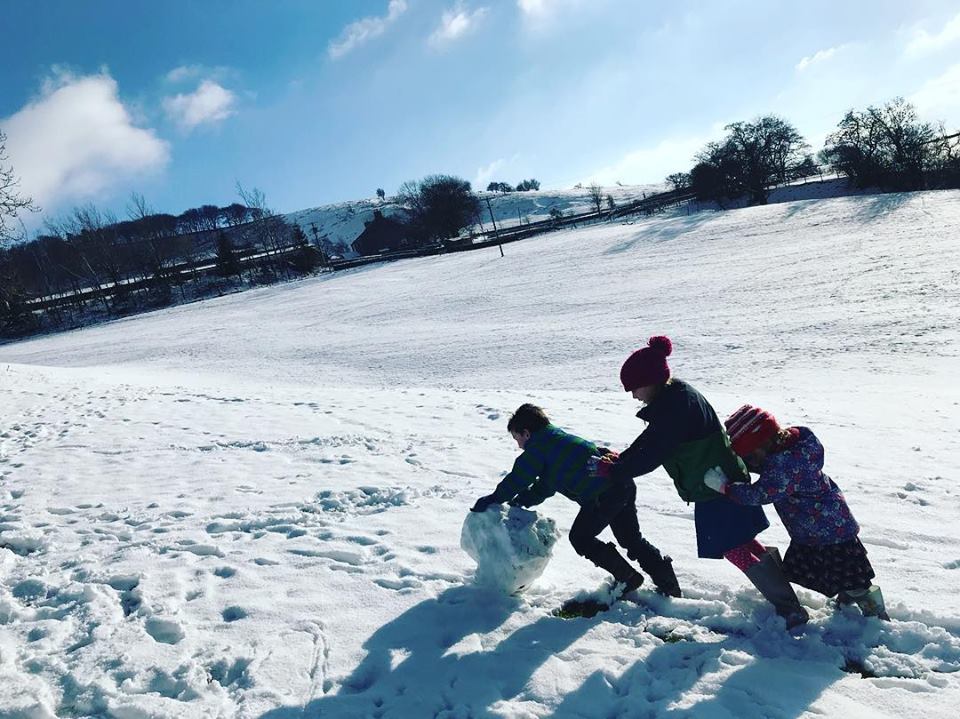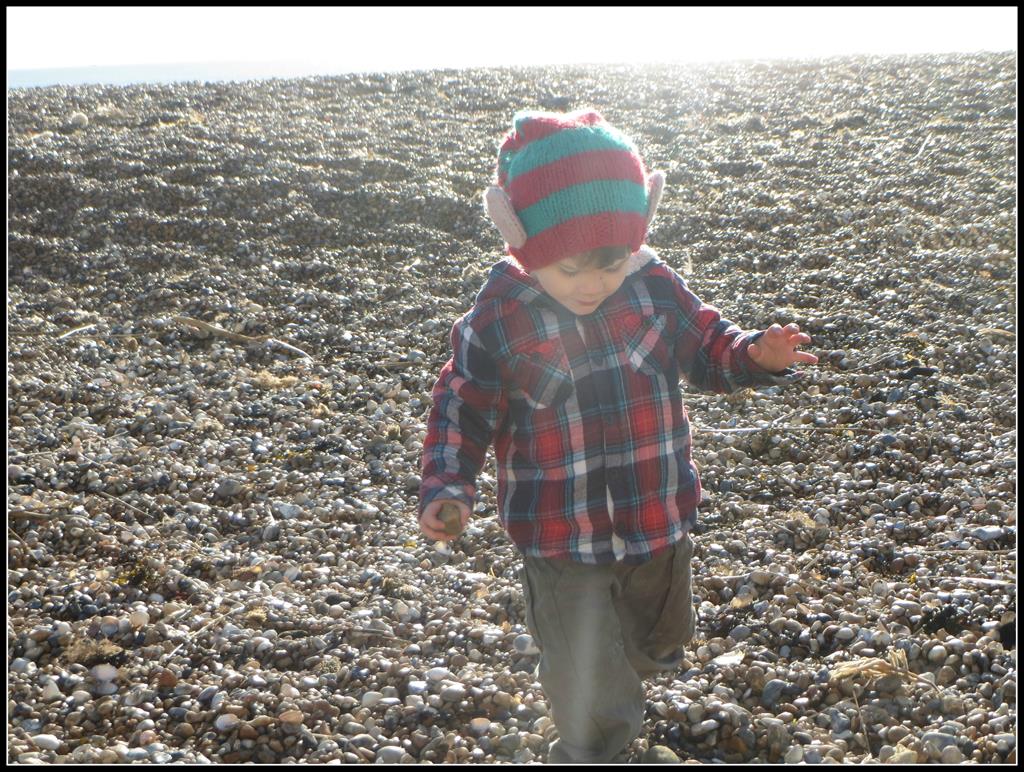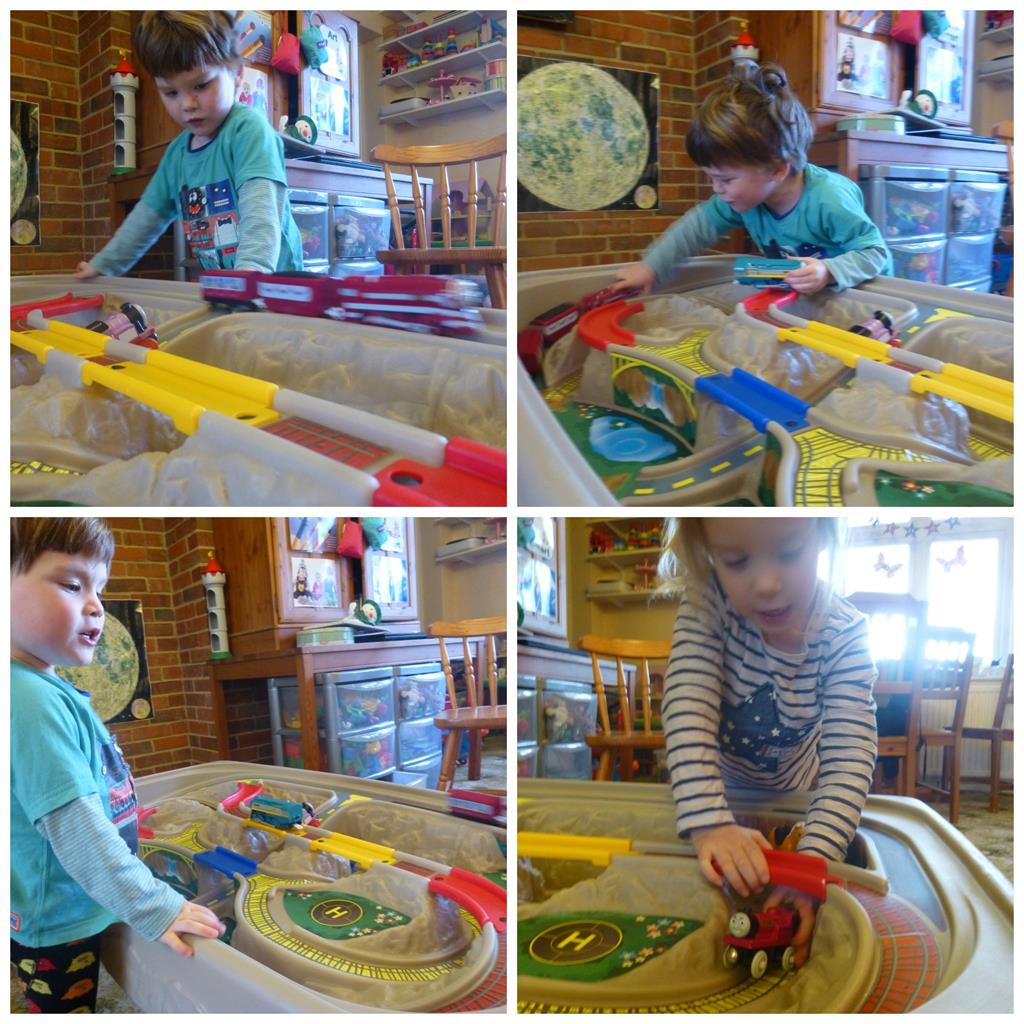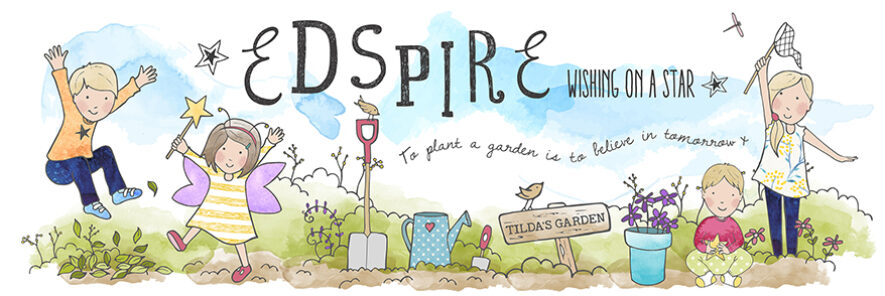This is a sponsored post
As a child, you probably remember your parents telling you to go outside and entertain yourself with whatever you can find. But, as you have grown up and become a parent yourself, you will notice that you are now a lot more involved in your child’s life compared to the way your parents were with you. This is okay as every parent wants to provide their child with as much support and learning as possible. However, a very large misconception when it comes to giving children the best start possible, is scheduling everything in their life including play time.
Unstructured play is one of the most important parts of a child’s development and is something that should be incorporated into their daily life as much as possible. Advised by this Kindergarten in Fulham, here is a guide on the importance of unstructured play for your child’s development.
Unstructured play helps children work on their creativity and imagination
Given that there are no rules when it comes to what they have to do, children are able to make up their own games and rules. This is a great opportunity for them to use their imagination and create characters and settings, which is important for their cognitive development. The might pretend to be a police officer or a nurse, exploring concepts that are completely unfamiliar to them in their normal daily life.

It helps them work on their problem-solving skills
Due to the fact that there are no guidelines when it comes to unstructured play, children work together to solve problems such as who will take the first turn in the game or what rules they should establish. Allow children to work on problems themselves before getting involved. It’s normal to feel like you want to step in and save the day, but allowing youngsters to overcome problems on their own will help them become more resilient and better at handling conflict.

Social skills are usually picked up through unstructured play
Playtime encourages teamwork, as children take turns, learn to listen, share their opinions, and make decisions together. When they are the ones that are in control of their play, they have the chance to learn as they go along.
Outdoor spaces are great for unstructured play because there are so many opportunities available that aren’t necessarily there inside the house. However, it’s always a good idea to have a box of dress up clothes and props so that your child has the tools to create their own make-believe situations.

